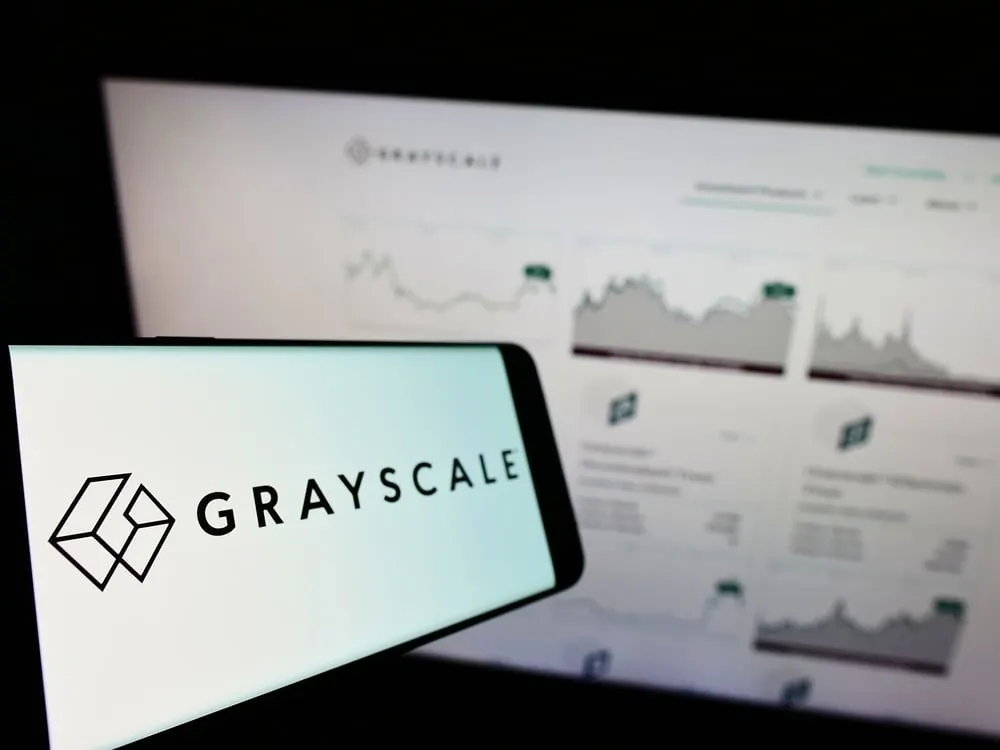Despite having a massive head start on the Bitcoin exchange-traded fund (ETF) market when Bitcoin ETFs were approved in January, Grayscale has seen its first-mover advantage evaporate.
The firm is a leading fund manager within the crypto space, and last year won its appeal against the U.S. Securities and Exchange Commission (SEC) to convert its Grayscale Bitcoin Trust (GBTC) into a spot Bitcoin ETF. The trust previously operated like a closed-end fund but was effectively the only such investment product on the market.
When its converted fund was among several Bitcoin ETFs approved by the regulator on Jan. 10, Grayscale held most of the cards.
“Grayscale was the first in the space to offer an ‘ETF-type product,’” Tom Cohen, head trader at crypto asset manager Algoz Technologies, told Decrypt. “Grayscale was always going to lose market share for their BTC and ETH product against the huge marketing budgets and customer bases of these [other] providers.”
Since then, Grayscale’s Bitcoin ETF offering has been bleeding capital and market share. As of writing, GBTC holds $13.3 billion worth of assets— equivalent to 24.9% of the total Bitcoin ETF market cap, according to Dune Analytics.
As Decrypt recently reported, Grayscale was overtaken in the assets under management of its ETFs by asset management giant BlackRock. BlackRock’s iShares Bitcoin Trust (IBIT) now accounts for 37.6% of the Bitcoin spot ETF market at $20.1 billion worth of assets under management.
Grayscale has, so far, held on to its second spot, but Fidelity’s Fidelity Wise Origin Bitcoin Fund (FBTC) is not far behind. The firm’s $11.4 billion of assets under management currently make up 21.3% of the market.
Grayscale has moved to provide an alternative to its GBTC offering, however. As Decrypt reported last month, Grayscale saw the SEC approve the listing of its Bitcoin Mini Trust for listing on the New York Stock Exchange Arca platform. This new product, with lower fees, aimed to stem the asset exodus.
The new ETF was launched on the last day of July and financed by converting part of the already-issued GBTC. The main difference compared to the old fund is that Grayscale charges GBTC holders 1.5%, while this new fund has a 0.15% fee.
“The fee structure is certainly a factor,” Cohen said. Still, he highlighted that “primarily for investors new to the crypto investing space, it will be about the trusted names.”
The Bitcoin Mini Trust fees are more in line with competitors, with BlackRock and others only charging their holders 20 to 30 basis points per year. Other competitors opted for entirely waiving their fee for early buyers. The Grayscale Bitcoin Mini Trust now stands at $1.8 billion worth of assets under management.
“The Grayscale BTC Mini trust is all about Grayscale showing how they can be nimble, where the large asset managers can’t,” Cohen said.
Edited by Ryan Ozawa.

